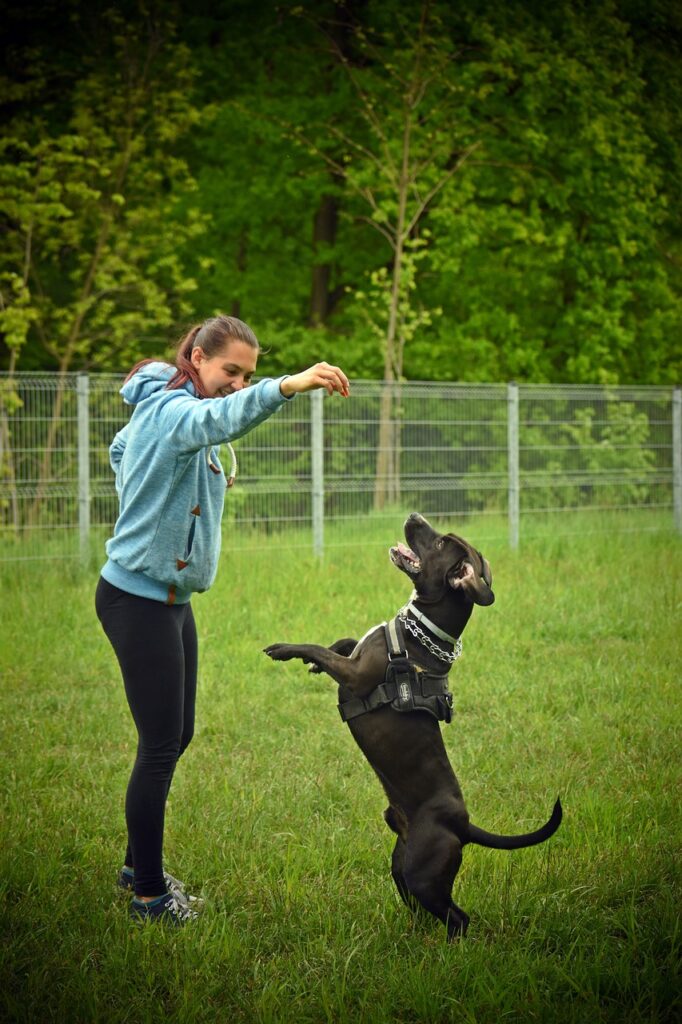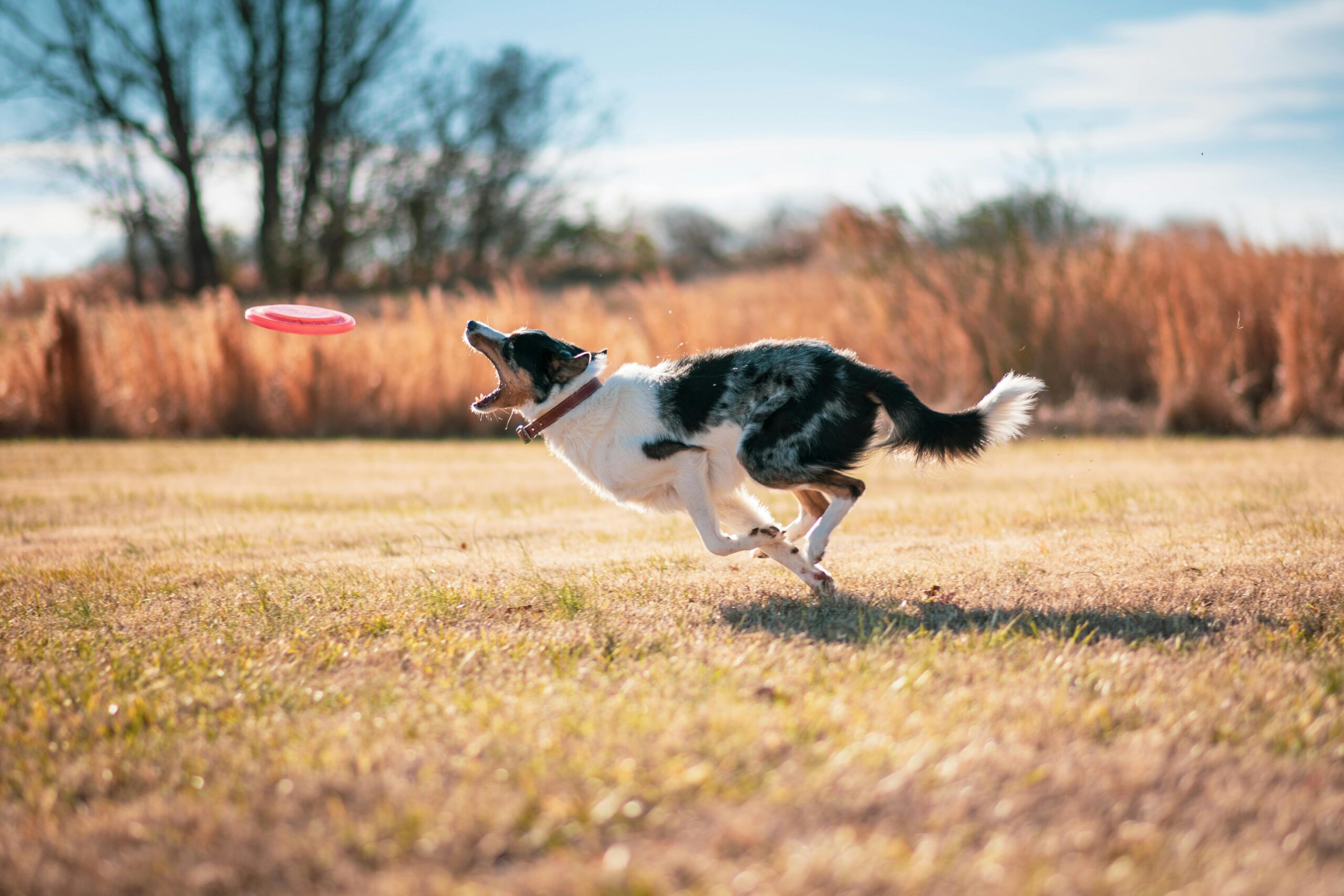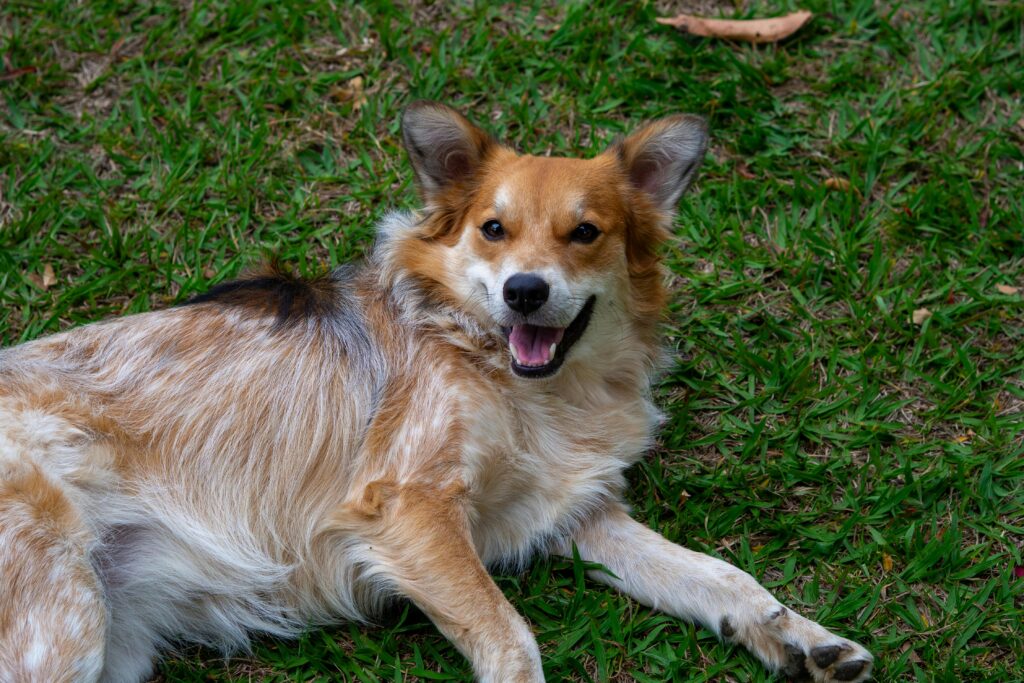- Understanding Why Your Dog’s Training Isn’t Working
- Why Training Matters
- Common Reasons Training Isn’t Working
- Inconsistent Training Methods
- Lack of Patience and Persistence
- Using the Wrong Training Techniques
- Confusing or Overwhelming Commands
- Not Using the Right Rewards
- Too Many Distractions During Training
- Not Taking Your Dog’s Breed and Personality into Account
- Health Issues That Affect Learning
- Anxiety or Fear in Your Dog
- How to Fix Training Problems
- Conclusion
- FAQs
Isn’t Your Dog Training Working? You’ve given too much freedom too soon… But you can easily fix that! More scheduled crate time will make a huge difference!
One major mistake with a new puppy or a dog in training is letting them wander unsupervised. Puppies may roam around your kitchen, house, or family room. They might also explore a big playpen when you’re not 100% focused on them.
Why do we do it? We do it because it makes us feel better about ourselves. However, it actually sets your puppy or dog’s training back.
Allowing that decision-making and wandering around lets the puppy or dog in training find things to get into. They may do things we don’t want them to do, or have an accident around the corner.
Does that mean you’ll keep your dog in a crate forever?
Of course not, but you should use it while training your dog.
What is training? It’s not just teaching them to sit. Training is teaching your dog how to live pleasantly and safely in your home and community.
During that first year together, while you’re training your dog, follow what professional dog trainers do. Work with them when they’re out. Put them away to rest calmly. Avoid making bad decisions when you’re not able to pay attention to them.

Understanding Why Your Dog’s Training Isn’t Working
Training your dog can feel like an uphill battle when it’s just not clicking. But don’t worry—you’re not alone! The good news? There’s always a reason, and once you find out what’s holding your pup back, you can make the changes needed to get back on track.
Why Training Matters
Training is more than just teaching your dog tricks—it builds trust, strengthens your bond, and makes life easier for both of you. A well-trained dog is happier, more confident, and safer. But if your training methods aren’t working, it can lead to frustration and confusion for both you and your furry friend.
Common Reasons Training Isn’t Working
Inconsistent Training Methods
Dogs thrive on routine. If sometimes you reward a behavior and other times you ignore it, your dog won’t understand what you want. Make sure everyone in the household is on the same page with commands and rewards.
Lack of Patience and Persistence
Training doesn’t happen overnight. It takes time, repetition, and patience. Some dogs pick things up quickly, while others need more time. Keep at it consistently, and don’t lose motivation too quickly!
Using the Wrong Training Techniques
Not all dogs respond to the same training style. Some do well with clicker training, while others learn best with hand signals or treats. Find what works best for your pup.

Confusing or Overwhelming Commands
Are you giving too many commands at once? Dogs process information differently than we do. Keep it simple and be consistent with your words and gestures.
Not Using the Right Rewards
Rewards are a huge motivator for dogs! If your pup isn’t excited about their treat or toy, it might not be the right incentive. Find out what makes them eager to listen.
Too Many Distractions During Training
Trying to train your dog in a busy park might not be the best idea at first. Start in a quiet area where they can focus, then gradually introduce more distractions.
Not Taking Your Dog’s Breed and Personality into Account
Different breeds learn in different ways. A Border Collie loves a challenge, while a Bulldog might need extra encouragement. Understand your dog’s natural tendencies to adjust your training.
Health Issues That Affect Learning
If your dog isn’t responding, they might not be feeling their best. Pain, hearing loss, or other health conditions can impact learning. If you suspect a health issue, check with your vet.
Anxiety or Fear in Your Dog
A scared or anxious dog will struggle to focus on training. If your dog seems nervous or fearful, work on building their confidence and trust first.
How to Fix Training Problems
Be Consistent with Commands and Rewards
Use the same words and gestures every time, and make sure everyone in the family does too. Dogs learn best when they know exactly what to expect.
Use Positive Reinforcement
Dogs respond best to praise, treats, and toys. Reward good behavior and avoid harsh punishments, which can create fear and confusion.
Keep Training Sessions Short and Fun
Dogs have short attention spans. Keep sessions around 5-10 minutes and make it enjoyable. End on a positive note so your dog is excited for the next session!
Pick the Best Training Method for Your Dog
Some dogs love clicker training, while others prefer verbal praise or physical rewards. Try different approaches to discover what best motivates and engages your dog.

Reduce Distractions While Training
Start training in a quiet, distraction-free space. Once your dog masters a command, gradually introduce distractions to strengthen their focus.
Be Patient and Set Realistic Goals
Every dog learns at their own pace. Celebrate small wins and keep expectations realistic. Training is a journey, not a race!
Conclusion
If training isn’t going well, don’t stress! With a little patience, the right techniques, and a bit of consistency, your pup will start picking things up in no time. Training should be fun and rewarding for both of you, so enjoy the process!
FAQs
- How much time does it usually take to successfully train a dog? Every dog is different. Some learn basic commands in a few weeks, while others take months. Stay consistent and be patient.
- Should I punish my dog if they don’t listen?No! Positive reinforcement works best. Punishment can create fear and make training harder.
- My dog is stubborn—can they still be trained?Absolutely! Some dogs just need extra motivation. Try different rewards or training methods to keep them engaged.
- Do I need treats to train my dog?Not necessarily! Some dogs are motivated by praise, playtime, or favorite toys instead of treats.
- Should I hire a professional trainer?If you’re struggling, a professional trainer can provide expert guidance tailored to your dog’s needs.




